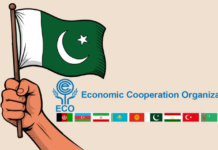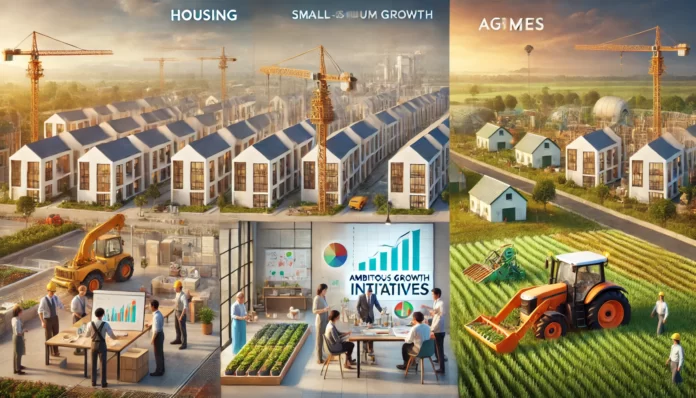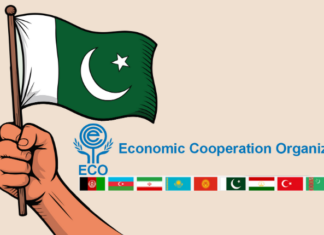Punjab Chief Minister Maryam Nawaz Sharif has launched transformative programs to boost housing, small businesses, agriculture, and renewable energy across the province. These initiatives aim to empower citizens through financial support, modern infrastructure, and enhanced agricultural output.
At a recent meeting, CM Maryam Nawaz approved the Punjab CM Assan Karobar Finance scheme, a multibillion-rupee program designed to support small and medium enterprises (SMEs) with interest-free loans.
Tier-1 loans of up to Rs5 million are unsecured and require personal guarantees, while Tier-2 loans range from Rs5 million to Rs30 million and are secured. The scheme includes additional incentives such as subsidies for solar equipment and cleaner technologies, advisory services, and the development of industrial estates in Sialkot, Gujrat, and Quaidabad. Plans are also underway to establish a dedicated tannery zone in Sialkot to reduce water pollution and enhance leather exports.
The Punjab government is also set to launch Phase-II of the Assan Karobar Finance scheme in 2025-26, with an extended scope costing Rs100 billion. This phase will benefit around 24,000 SMEs and facilitate loan disbursements worth Rs379 billion.
In housing, the CM approved Rs62 billion for the Apni Chhat, Apna Ghar program, targeting 40,000 housing loans by May 2025. A proposal to increase the loan cap from Rs1.5 million to Rs2 million is under review.
So far, 5,000 loans have been disbursed, with over 4,200 houses nearing completion. Collaborating with RUDA and the Housing and Urban Development Department, the government plans to provide ready-made homes for low-income families. “Every homeless person deserves a roof over their head,” Maryam Nawaz affirmed.
The CM has also prioritised agricultural and energy reforms, directing the provision of 10,000 tractors by February 28 and 2,000 super seeders at subsidized rates by March.
An additional Rs6 billion has been allocated to expand solar energy projects, including the conversion of government buildings to solar power by June. Progress on the Ujala Program and solar initiatives for the Punjab Assembly and key institutions was reviewed.
In agriculture, efforts to restore citrus fruits like kinnow and establish model agricultural markets are underway. Over 5,000 farmers have already benefited from the Chief Minister Kisan Card, and preparations for the Kharif crop are complete. The government has also finalised plans to double biogas production and establish fertilizer plants to boost productivity.
Industrial growth remains a key focus, with plans to develop a 300-acre Industrial and Technology Park in Narowal and conduct feasibility studies for a technology university in Kasur. The Garments Cities project, scheduled for completion by March, is expected to enhance the textile sector.
With over Rs8 billion invested in agricultural schemes, 4,500 tractors, and super seeders distributed, these programs reflect the Punjab government’s commitment to sustainable development. “We are fostering innovation, modern techniques, and economic empowerment,” said Senior Provincial Minister Maryam Aurangzeb.
























